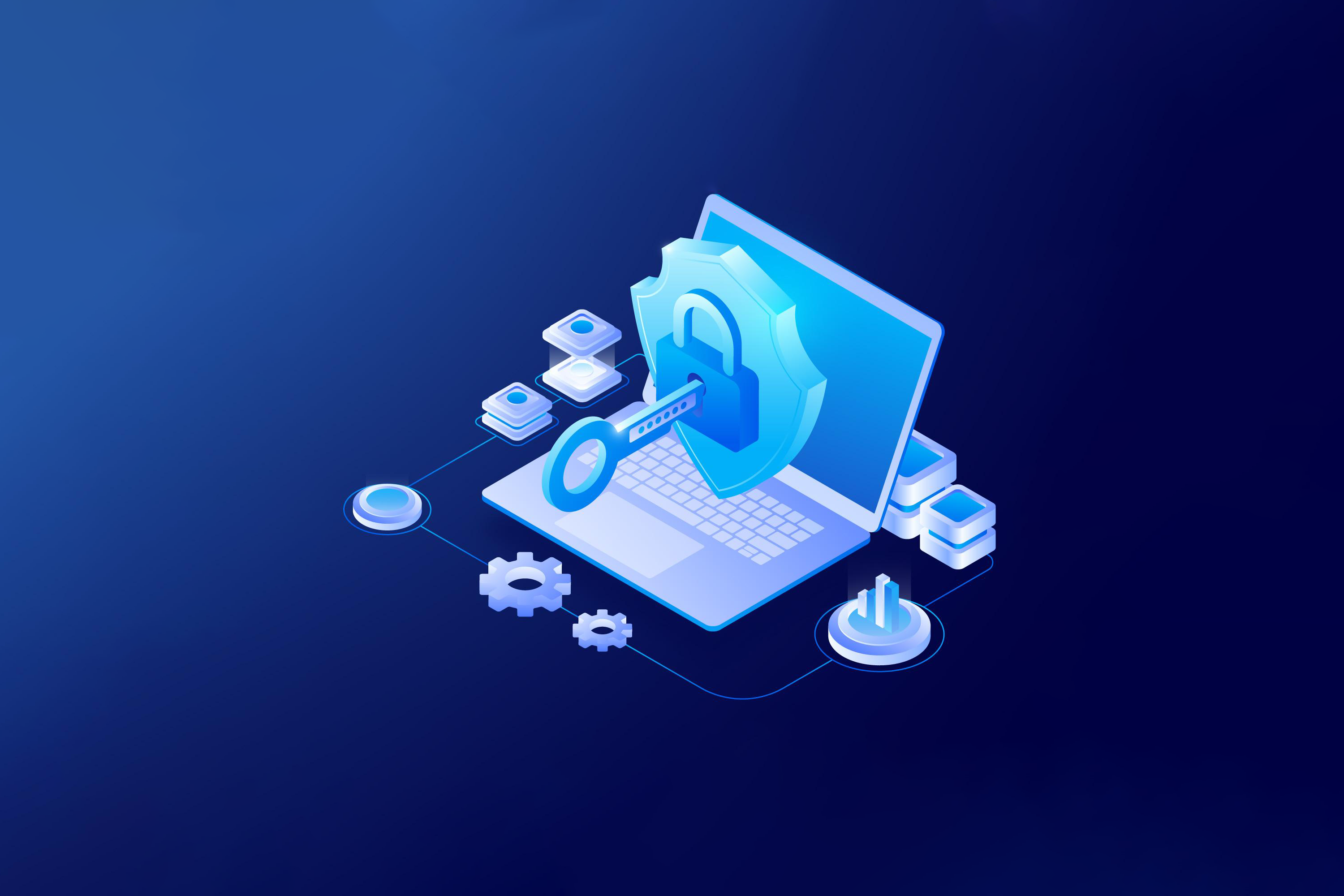FRAUDULENT EMAILS FROM Phishing
Phishing is an attempt to steal personal information or illegally access online accounts through fake emails, messages, or advertisements, as well as websites that appear to be similar to sites you already use.
It should be noted that these accesses may include your bank accounts and other platforms such as the Finance Portal, Social Security, among others that could be used to harm you.
The content of phishing messages can:
- Ask for your personal or financial information.
- Ask you to click on links or download software.
- Stealing the identity of a well-known company or institution, such as your bank, postal service, telecommunications operator, etc.
- Stealing the identity of someone you know, such as a family member, friend, or colleague.
ATTACKS OF RANSOMWARE WITH INFORMATION ENCRYPTION AND RANSON REQUEST
Ransomware attacks are one of the biggest nightmares for companies.
Have you ever imagined arriving at your company and discovering that you no longer have access to your files?
Several attacks are known to have recently hit major institutions, including Vodafone, Grupo Impresa, hospitals and clinics...
Hackers look for security flaws every day, and once they identify one, they use it to break into your devices and encrypt all your information, then demand huge ransoms paid in Bitcoins.
These security flaws are usually addressed through updates released by the responsible developers, usually before the vulnerabilities become public. Therefore, keeping your server and computer software up-to-date is crucial to prevent ransomware-type malware.
FAKE PHONE CALLS IN THE NAME OF MICROSOFT
There has been an increase in fraudulent phone calls, in the name of Microsoft, which encourage victims to install malicious programs on their computers, with the intention of stealing information or encrypt the content.
At best, the perpetrators of these scams are trying to get you to pay them to "fix" a non-existent issue with your device or software. At worst, they're trying to steal your personal or financial information.
It is important to keep the following in mind:
Microsoft does not make unsolicited phone calls or send unsolicited email messages. Any communication with Microsoft must be initiated by users.
“If you didn’t ask us, we won’t call you to offer support.”
Ensure your business is safe with us.




